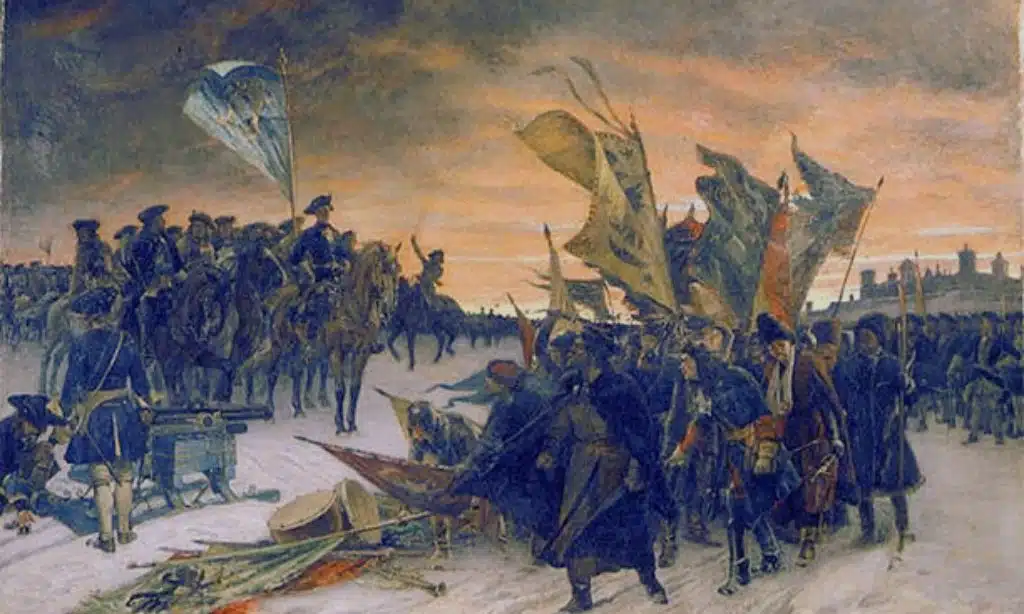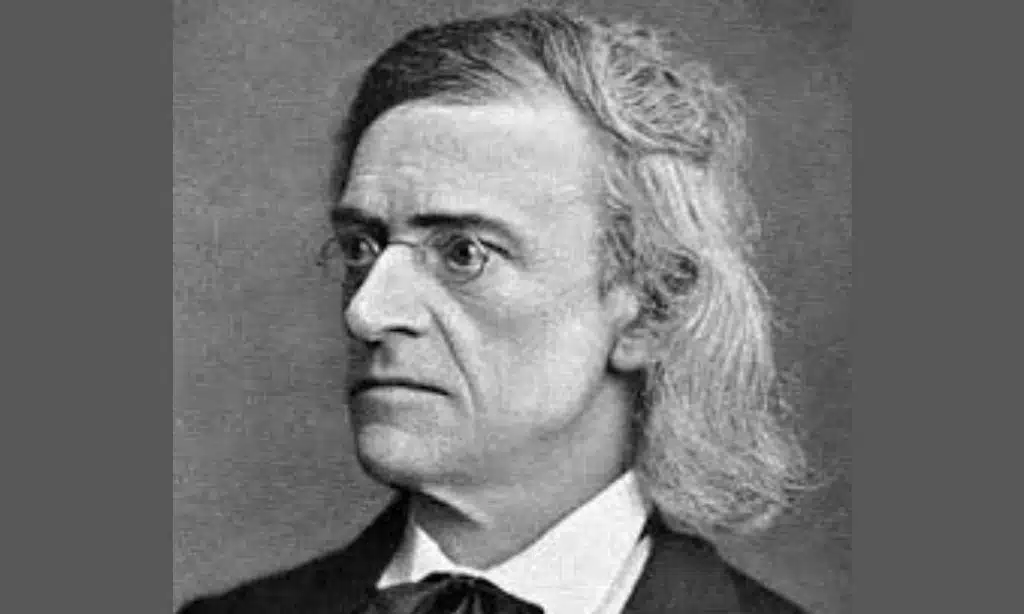November 30 stands as a remarkable day in history, marking significant events from medieval politics to scientific breakthroughs. This date has seen the rise of kings, important religious meetings, and the births of people who changed the world through literature and science. Let’s explore these events and people who have made November 30 special in our history books.
Historical Events on November 30
Cnut the Great’s English Throne Claim (1016)
After Edmund Ironside’s death, Cnut the Great became the King of England. He was already the King of Denmark. This made England and Denmark join under one ruler. Cnut proved to be a good king who brought peace and trade between these countries. His rule helped create strong ties between England and Scandinavia that lasted many years.
Order of the Golden Fleece (1431)
The first meeting of the Order of the Golden Fleece took place at Saint-Pierre’s Church in Lille. Philip the Good started this group in 1430. It was like a club for very important nobles in Europe. Members had to be brave and loyal. Even today, this Order is one of the oldest and most respected groups in Europe.
German Beer Purity Law (1487)
Albert IV, Duke of Bavaria, made a rule about making beer in Munich. This law said brewers could only use water, malt, and hops. This rule, called Reinheitsgebot, helped make German beer famous for being pure and good. Many brewers still follow this rule today, showing how important it was.
England’s Reconciliation with Pope Julius III (1554)
England made peace with Pope Julius III in 1554. This happened when Mary I was queen. She wanted England to be Catholic again after her father, Henry VIII, had made it Protestant. This change was big news for both England and the Catholic Church, though it didn’t last very long.
Battle of Narva (1700)
The Battle of Narva was a big fight between Sweden and Russia. King Charles XII of Sweden won against a much bigger Russian army. This battle showed that having better training and leadership could beat having more soldiers. It was an important part of the Great Northern War.
Famous Birthdays on November 30
Jonathan Swift (1667-1745)
| Detail | Information |
|---|---|
| Birth Place | Dublin, Ireland |
| Famous Works | Gulliver’s Travels, A Modest Proposal |
| Career | Writer, Satirist, Clergyman |
| Known For | Political satire, sharp wit |
| Major Impact | Changed how people write satire |
Jonathan Swift wrote stories that made people think while making them laugh. His most famous book, “Gulliver’s Travels,” tells about a man who visits strange lands. While it seems like a fun story, it actually points out problems in society.
Mark Twain (1835-1910)
| Detail | Information |
|---|---|
| Birth Place | Florida, Missouri, USA |
| Famous Works | The Adventures of Tom Sawyer, Adventures of Huckleberry Finn |
| Career | Author, Humorist |
| Known For | American storytelling, humor |
| Major Impact | Created authentic American literature |
Mark Twain wrote stories about life along the Mississippi River. He used simple words and real American speech in his books. This was new and different at the time. His books show what life was like in America long ago.
Gregory of Tours (538-594 AD)
| Detail | Information |
|---|---|
| Birth Place | Auvergne, Gaul (modern France) |
| Famous Works | History of the Franks |
| Career | Bishop, Historian |
| Known For | Recording early French history |
| Major Impact | Main source of Frankish history |
Gregory wrote about the history of the Frankish people. His books tell us most of what we know about life in France during the 6th century. He was both a church leader and a writer, which was common in his time.
Theodor Mommsen (1817-1903)
| Detail | Information |
|---|---|
| Birth Place | Garding, Duchy of Schleswig |
| Famous Works | A History of Rome |
| Career | Historian, Scholar |
| Known For | Roman history research |
| Major Impact | Won Nobel Prize in Literature (1902) |
Mommsen studied Roman history in new ways. He looked at old stones, coins, and writings to learn about Rome. His books about Roman history are still important today. He won the Nobel Prize for his careful work.
Gustaf Dalén (1869-1937)
| Detail | Information |
|---|---|
| Birth Place | Stenstorp, Sweden |
| Famous Works | AGA lighthouse system |
| Career | Physicist, Inventor |
| Known For | Automatic lighthouse technology |
| Major Impact | Nobel Prize in Physics (1912) |
Dalén made lighthouses work better by inventing new ways to use less gas but still stay bright. His inventions helped make ships safer at sea. He won the Nobel Prize for this work, even though he had become blind in an accident.
Takeaway
November 30 shows us how one day can include many important events and special people. From Cnut becoming king to Dalén making safer lighthouses, each person and event on this day helped shape our world. The German beer law still affects how some beer is made today. Writers like Swift and Twain still make people laugh and think. Historians like Gregory and Mommsen help us understand the past better. All these things remind us that history is made up of both big events and the work of creative, smart people.
References
- The Anglo-Saxon Chronicle
- Order of the Golden Fleece Archives
- German Beer Institute Historical Records
- Catholic Church Historical Documents
- Swedish Military History Archives
- Complete Works of Jonathan Swift
- Mark Twain: The Complete Biography
- Historia Francorum by Gregory of Tours
- Nobel Prize Historical Records
- AGA Company Archives






































